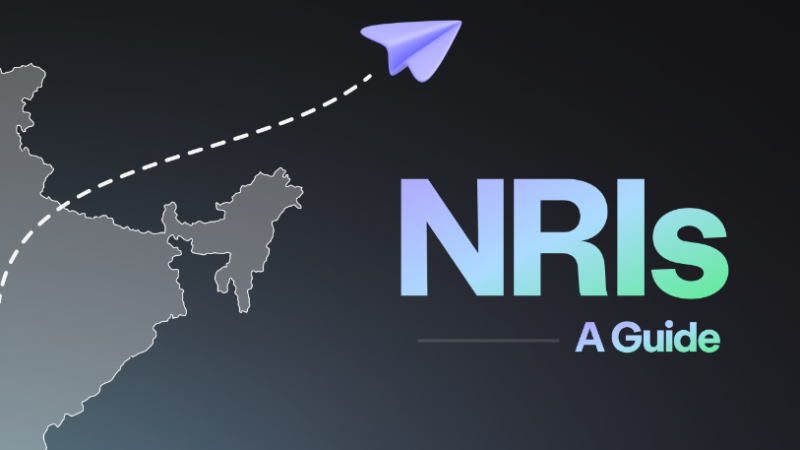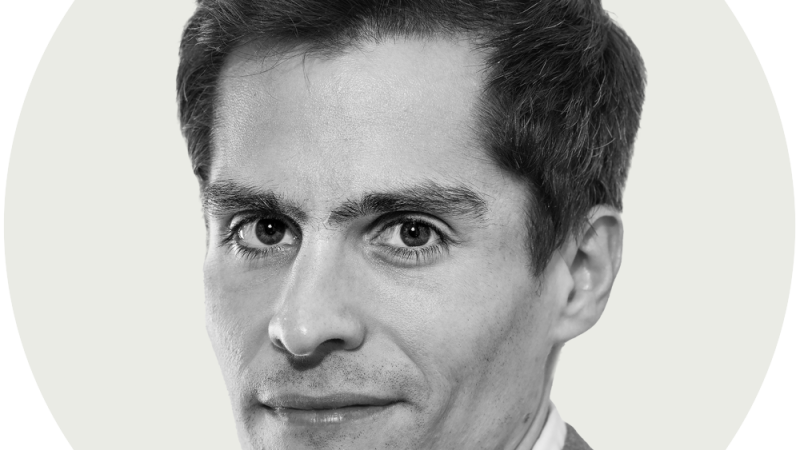Is Prince Louie Autistic

In the realm of royalty, every aspect of their lives, including the most private, often becomes subject to public scrutiny and speculation. Among the youngest members of royal families, any deviation from the norm is keenly observed and analyzed. One such topic that has sparked widespread discussion in recent times is the possibility of Prince Louie, the youngest son of the Duke and Duchess of Cambridge, being autistic.
Before delving into the intricacies of this speculation, it’s crucial to understand autism spectrum disorder (ASD) itself. Autism is a neurodevelopmental disorder characterized by challenges in social interaction, communication, and repetitive behaviors. ASD encompasses a wide range of symptoms, skills, and levels of disability, hence the term “spectrum.”
Unraveling the Speculation
Prince Louie, third in line to the British throne, has been in the spotlight since his birth, with the public eagerly awaiting glimpses of the young prince’s life. However, some observers have noted behaviors in Prince Louie that they interpret as potential signs of autism. These purported signs include his reserved demeanor, limited eye contact during public appearances, and reported difficulties with verbal communication.
It’s essential to approach such discussions with caution and sensitivity, especially when it involves a child who has yet to fully develop and whose privacy should be respected. Autism diagnosis is a complex process that involves comprehensive assessment by qualified professionals, including developmental pediatricians, psychologists, and speech-language pathologists.
One of the challenges of speculating about autism in public figures, particularly young children, is the risk of perpetuating stereotypes and stigmatizing individuals with neurodevelopmental differences. While raising awareness about autism is crucial for promoting understanding and acceptance, it’s equally important to avoid making assumptions based solely on superficial observations or media portrayals.
In the case of Prince Louie, the limited information available to the public makes it difficult to draw definitive conclusions about his neurodevelopmental profile. The glimpses we get of him through official photographs and public appearances offer only a partial view of his personality and behavior.
Moreover, it’s important to recognize that every child is unique, and variations in behavior are normal. What might be perceived as signs of autism in one child could simply be part of another child’s individual temperament or developmental trajectory. Without access to Prince Louie’s complete medical history and assessments, any speculation about his neurodevelopmental status remains just that—speculation.
Furthermore, even if Prince Louie were to receive a formal diagnosis of autism in the future, it would not diminish his worth or potential. Autism is not a barrier to leading a fulfilling and meaningful life, nor does it define a person’s entire identity. Many individuals with autism have unique talents, strengths, and perspectives that enrich their communities and society as a whole.
Instead of fixating on labels or diagnoses, the focus should be on providing support and resources to help all children, including those with neurodevelopmental differences, thrive and reach their full potential. This includes early intervention services, inclusive education environments, and access to therapies tailored to individual needs.
In recent years, there has been a growing movement towards neurodiversity—a perspective that celebrates the natural variation in human cognition and rejects the idea that there is a single “normal” way of being. Embracing neurodiversity means recognizing the value of different ways of thinking and experiencing the world, including neurodevelopmental variations like autism.
As society continues to evolve and become more inclusive, it’s essential to approach discussions about neurodiversity with empathy, understanding, and respect. Instead of sensationalizing or speculating about the neurodevelopmental status of public figures, let us focus on creating a world where all individuals, regardless of their differences, are accepted, supported, and valued for who they are.
Conclusion
The question of whether Prince Louie is autistic remains unanswered and ultimately irrelevant to his worth as a person. What truly matters is how we as a society choose to respond—with empathy, acceptance, and a commitment to fostering a more inclusive and understanding world for all. Let us move forward with compassion and open-mindedness, embracing the richness of neurodiversity in all its forms.






